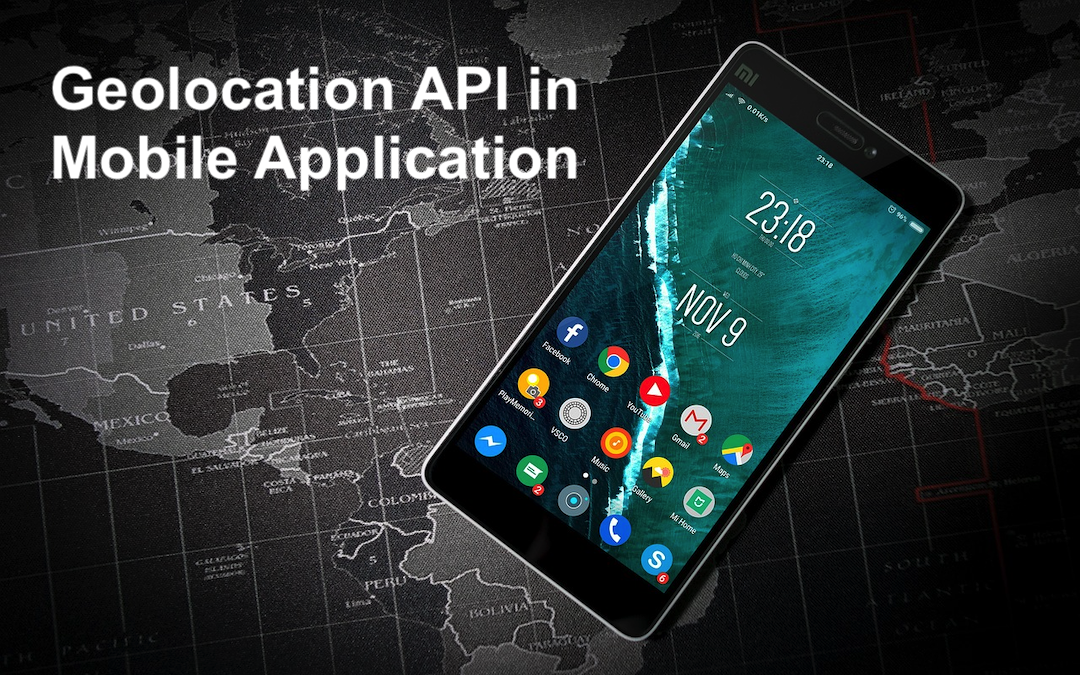
The rapid rise of technology has revolutionized the e-commerce landscape. One of the technologies that business owners leverage is the optimization of IP geolocation in their strategies.

The rapid rise of technology has revolutionized the e-commerce landscape. One of the technologies that business owners leverage is the optimization of IP geolocation in their strategies.
Online trading has become a significant center for investors looking to make money from the financial markets, with the total market value reaching $9.55 billion in 2023. This figure is projected to increase from $10.15 billion in 2024 to $16.71 billion by 2032. However, this growth has also increased trading fraud, prompting platforms to use techniques limiting illicit activities. One such strategy is IP tracking.

Geolocation tech is a game-changer for mobile apps because it lets them use your exact location for all sorts of features. Think real-time navigation, personalized recommendations, and location-based alerts. This article will cover the essentials of geolocation APIs, how to integrate them, and the trends that shape this technology.

Have you ever wondered why some online games run smoothly while others lag, even if you have a good internet connection? A lot of this has to do with something called IP geolocation, which might sound technical, but it's actually a pretty straightforward concept that has a huge impact on your gaming experience.
In an era where technology intersects with every aspect of our lives, GPS tracking has emerged as a fundamental tool for modern adventurers. Whether you are trekking through remote landscapes, navigating urban jungles, or simply commuting, GPS technology ensures that you remain connected and on course.

Picture your daily grind but with a twist - the freedom to work from anywhere. It's not just a dream; it's the evolving reality of remote work. Now, IP geolocation emerges as the invisible hand that guides this transformation.

Smart cities leverage cutting-edge technology to transform urban life, making it more efficient and responsive to the needs of its residents and visitors. Among the technologies employed is the use of IP location data, which allows cities to collect and analyze the geographic locations of internet-connected devices. This capability can significantly improve urban services such as transportation, emergency responses, and city planning. However, this same technology raises substantial privacy concerns. This article delves into the delicate balance required between enhancing city services through technology and safeguarding the privacy rights of individuals, with a special focus on major cities.
Camping trailers are a gateway to adventure, offering the freedom to explore the great outdoors while bringing along the comforts of home. However, the very nature of camping—traveling to remote locations and often leaving trailers unattended in the wilderness or campgrounds—exposes them to risks, including theft and loss. To mitigate these risks and enhance the camping experience, equipping your camping trailer with a GPS tracker is a wise decision. This article delves into the benefits of using a GPS tracker on your camping trailer, highlighting how it can safeguard your mobile abode and ensure peace of mind during your travels.

The way we travel has changed so much under the influence of technology. After all, commercial flying is barely a century old, yet, today, it’s the preferred and one of the most dominant forms of travel there are. Still, the evolution of traveling under the influence of technology goes beyond that. The way we travel has changed, sure, but so has the way we prepare for travel, the way we act at a target destination, etc.

Geolocation data has become an indispensable tool for strategic marketing campaigns. Recent studies show that over 90% of marketers agree that location-based advertising has increased revenue and customer engagement. By leveraging geolocation services and mobile data, marketers can drive greater promotion relevance, boost offline conversions, and understand cross-channel attribution.